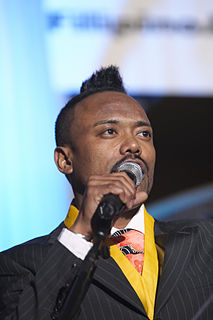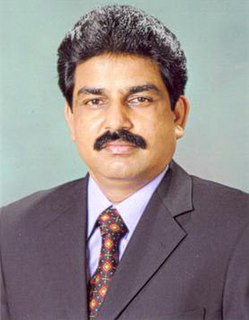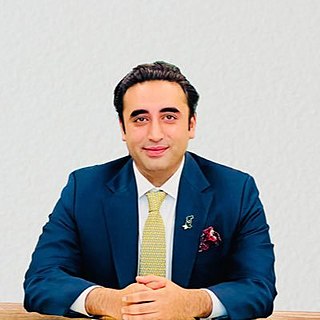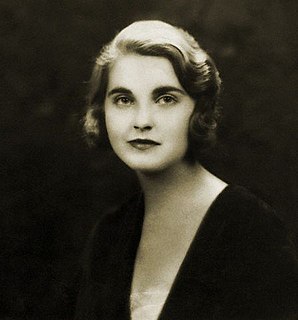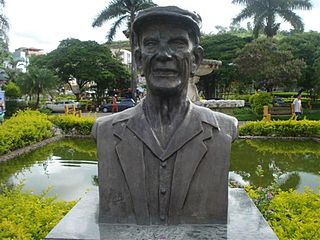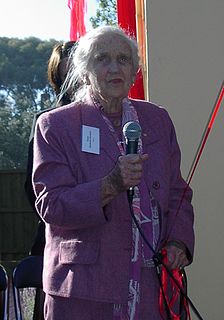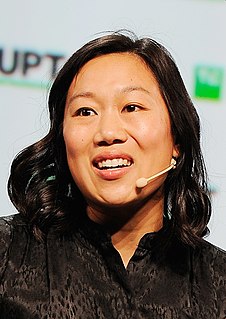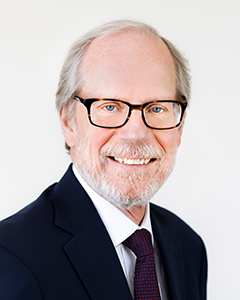A Quote by Abdul Sattar Edhi
I want to create awareness amongst the common people of Pakistan and I generally appeal to the Pakistani people living here and abroad for help and they provide me with the necessary resources.
Related Quotes
When generally people make race-based jokes to me - even if they're not technically racist, they're sort of based on me being Pakistani or whatever - on Twitter, you know, I block a lot of people who say something weird about my name or something. It does bug me generally, but it is all about context.
I think in Pakistan there is already democracy and no dictatorship. And recently a few years ago, the Pakistani people stood against the dictatorship of [Pervez] Musharraf and compelled him to resign. So now it is the people's democracy so I don't think any chance that the people should stand against this administration. Pakistan's situation is different than Egypt. They cannot be compared.
People talk about physical fitness, but mental health is equally important. I see people suffering, and their families feel a sense of shame about it, which doesn't help. One needs support and understanding. I am now working on an initiative to create awareness about anxiety and depression and help people.
Let me name three of the people who influenced me, although it's definitely not a complete list. Ayesha Jalal, the formidable Pakistani-American historian, has rigorously re-evaluated Jinnah's political strategies leading up to Partition. Akbar Ahmed, a former diplomat and now a distinguished scholar, has documented Jinnah's life as a man who welcomed, worked with, and even married people of other faiths. And then there is Ardeshir Cowasjee, the great Parsi newspaper columnist, who in his mid-80s is a kind of living history of all of Pakistan, old enough to have known Jinnah himself.
It's common to say that trees come from seeds. But how can a tiny seed create a huge tree? Seeds do not contain the resources need to grow a tree. These must come from the medium or environment within which the tree grows. But the seed does provide something that is crucial : a place where the whole of the tree starts to form. As resources such as water and nutrients are drawn in, the seed organizes the process that generates growth. In a sense, the seed is a gateway through which the future possibility of the living tree emerges.
I don't think anybody has the right to a huge family. There's already more people on the planet than our natural resources can even support, and if everybody were to have a high standard of living, we need three or four or five new planets to provide the resources. And this cannot be, so something has to change.
In countries other than Pakistan - I won't necessarily call them 'Western' - people support me. This is because people there respect others. They don't do this because I am a Pashtun or a Punjabi, a Pakistani, or an Iranian, they do it because of one's words and character. This is why I am being respected and supported there.
My father's from Pakistan and he has been a secularist all his life. In the Pakistani context, there's no messing with religion. There's been a battle for the soul of Pakistan since 1947 and I have grown up without any illusions about the dangers of religious power in the context of a country like Pakistan.

